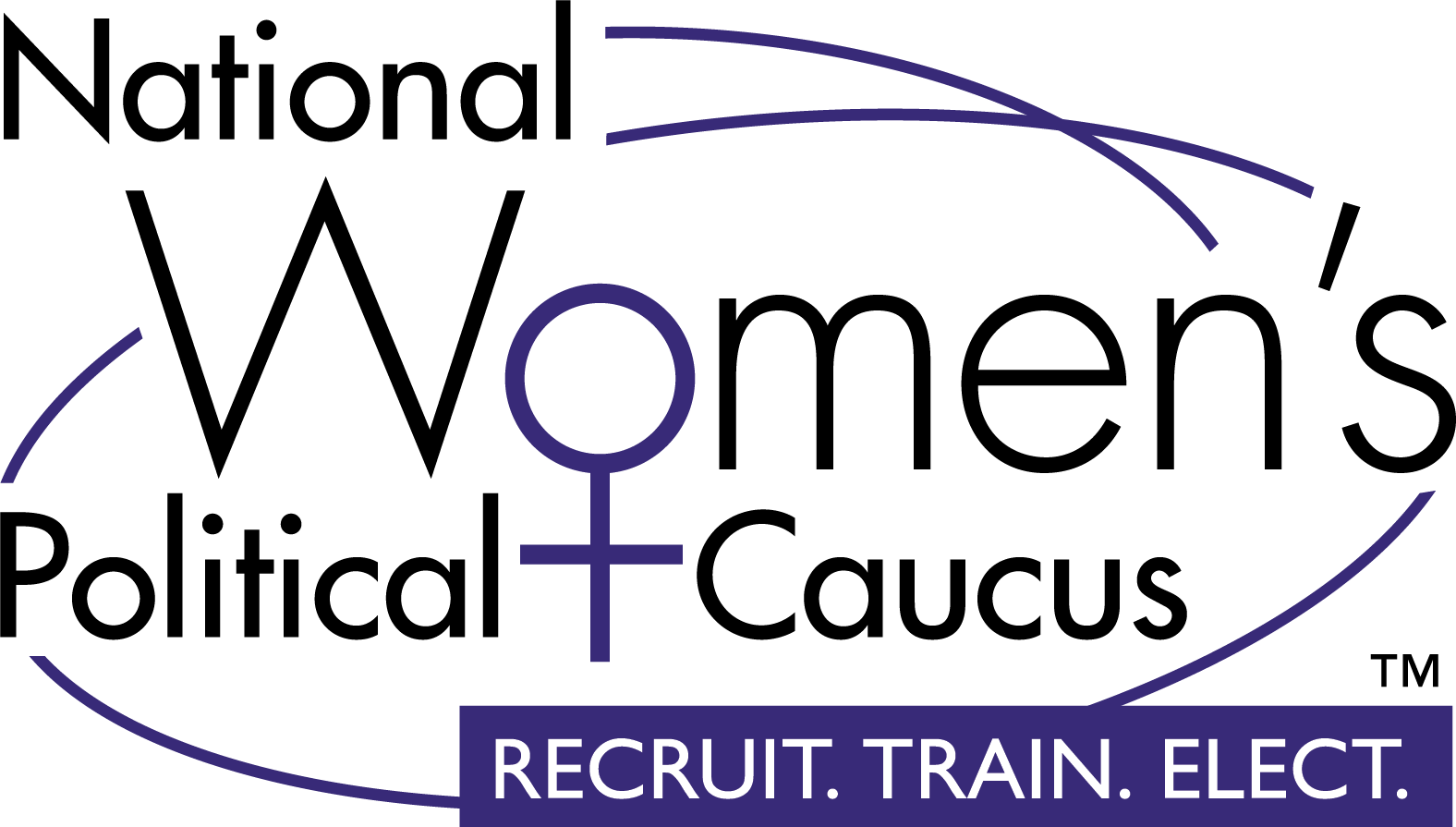By Dr. Carmen Schaye, NWPC Vice President of Diversity
When Alexandria Ocasio-Cortez decided to run against Joe Crowley in the democratic primary, she saw an opening: despite being a leading democrat in Washington, Crowley was too out of touch, too comfortable, and too removed from his constituency. She ran her campaign straight at Crowley’s weak spots, fostering a direct, emotional connection to the people of her district. She was out knocking on doors, handing out flyers, meeting the people who would be casting a ballot. And at the same time, she was building her skillset of direct engagement through a different avenue: social media.
Since AOC defeated Crowley and coasted to a general election victory in 2018, she has demonstrated the enormous political power inherent in social media. Rather than tailor her messaging through carefully focus-grouped campaign ads, AOC’s social media posts can be funny, angry, playful, or indignant. In short, they are oddly human. They sound like the impassioned thoughts and opinions of a young progressive with witty comebacks and a comfort with internet vernacular.
She is also native to the idea of reinforcing her own “brand”. This past week, AOC went back to work as a bartender in Jackson Heights, Queens in order to support the #raisethewage campaign to raise the national minimum wage to $15. The videos of her bartending went viral, giving a huge boost to the campaign. In the videos, she speaks as she prepares drinks for patrons: “The federal tipped minimum wage is $2.13 an hour. That is unacceptable. Any job that pays $2.13 an hour is not a job. It’s indentured servitude. All labor has dignity and the way that we give labor dignity is by paying people the respect and the value that they are worth at minimum.” Far from hiding from her past as a service worker, AOC uses it as her bona fides in speaking for the poor and middle class. Working as a bartender demonstrates her intelligence in using her own platform and story to bolster a national issue that could benefit millions of Americans.
AOC’s uncanny candidness has cemented her status as a disruptive force to be reckoned with in the democratic party. Unlike many of her colleagues who must fight to have their message heard, she can easily command attention and demand action from her massive social media following. In her short time in office, she has already championed the Green New Deal, which failed to pass the Senate, yet has more name recognition than any progressive legislation (if not legislation writ large) in recent memory. Conservatives discuss the Green New Deal breathlessly, demonizing its regulation of the free market. Progressives applaud its steps towards combatting climate change and creating jobs. Whether you love her or hate her, AOC has forced a landmark bill into the conversation as a first-term congresswoman. That is a monumental paradigm shift.
It is important to note that AOC has carved out in this niche in the shadow of another social media renegade: President Donald Trump. President Trump’s rise to power is inconceivable without his runaway twitter antagonism. He weaponized the access that Twitter gave him to create a constant swirl of attention around himself and his candidacy for president—insulting and demeaning anyone that criticized him, from his primary opponents to news anchors to late night comedians. He effectively commands attention by proving just how low he will go in order to stay in the news cycle. And, to our great national dismay, the media has proved more than willing to follow his lead. Just like AOC, whether you love him or hate him, Donald Trump has completely shifted the paradigm of modern politics.
The phenomenon of politics via social media is not going away anytime soon. Insofar as we can prepare for a future in which getting elected to office means commanding a massive social media following, we can look to AOC and President Trump as concrete examples for the power and danger in this new type of power. For each, social media provides a means of side-stepping the powers-that-be to speak directly to an audience. Donald Trump did not need to wait for a debate to call Jeb Bush “low energy”; AOC does not need to filibuster on the floor of Congress to advocate for a national minimum wage. The force of their personalities, channeled through their social media accounts, allows them to set the agenda for the day.
It seems clear that President Trump will not use this power responsibly. AOC, however, is cognizant of its power and the risks of overuse. “I actually think that social media poses a public health risk to everybody,” Ocasio-Cortez said. She added, ” I think it has effects on everybody: increased isolation, depression, anxiety, addiction, escapism.” How she proceeds to use her platform will be interesting to say the least, and will likely set a precedent for how politicians of the future wield the power of their social media to promote themselves and their ideas.
Featured image credit: Lee Kuan Yew School of Public Policy

